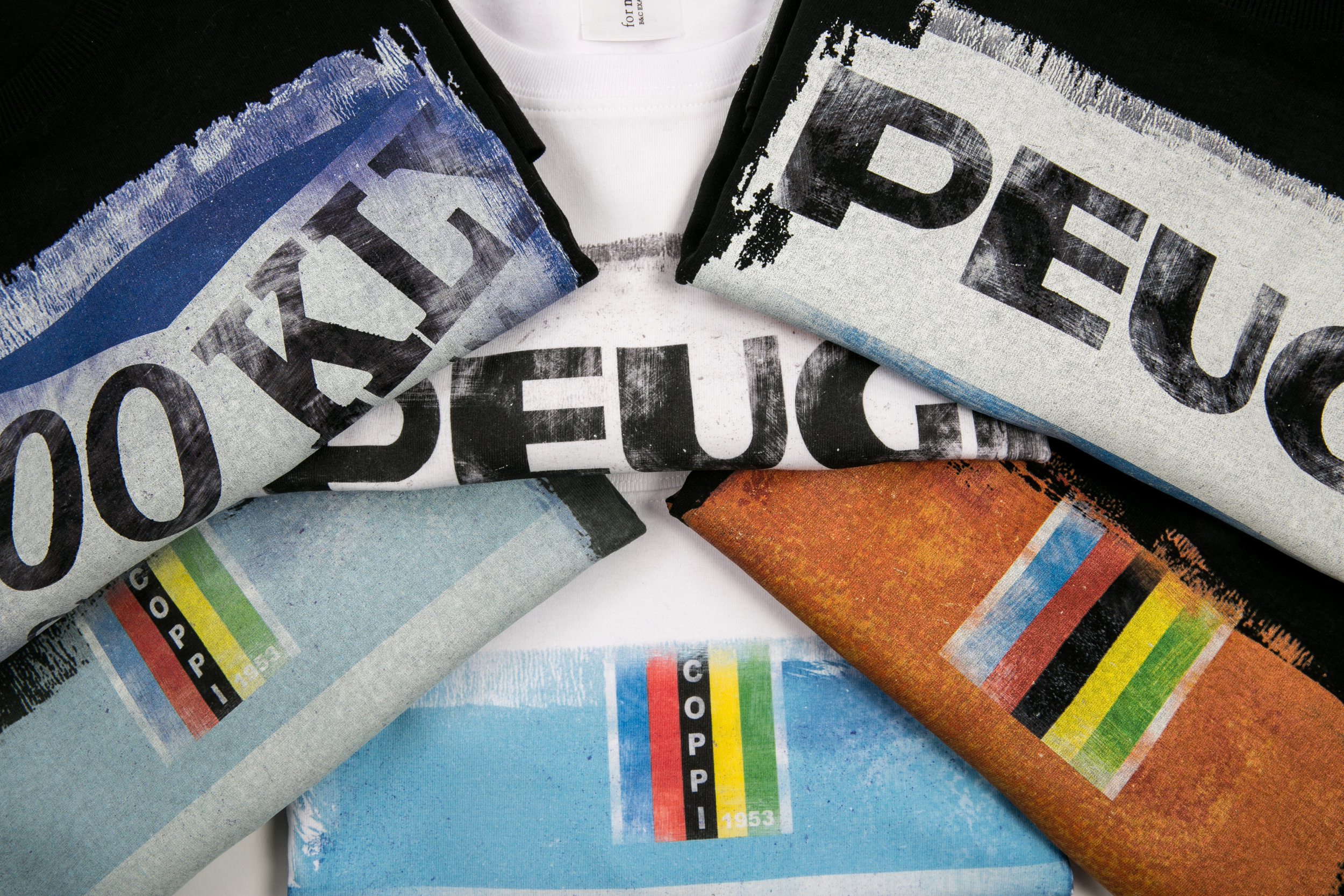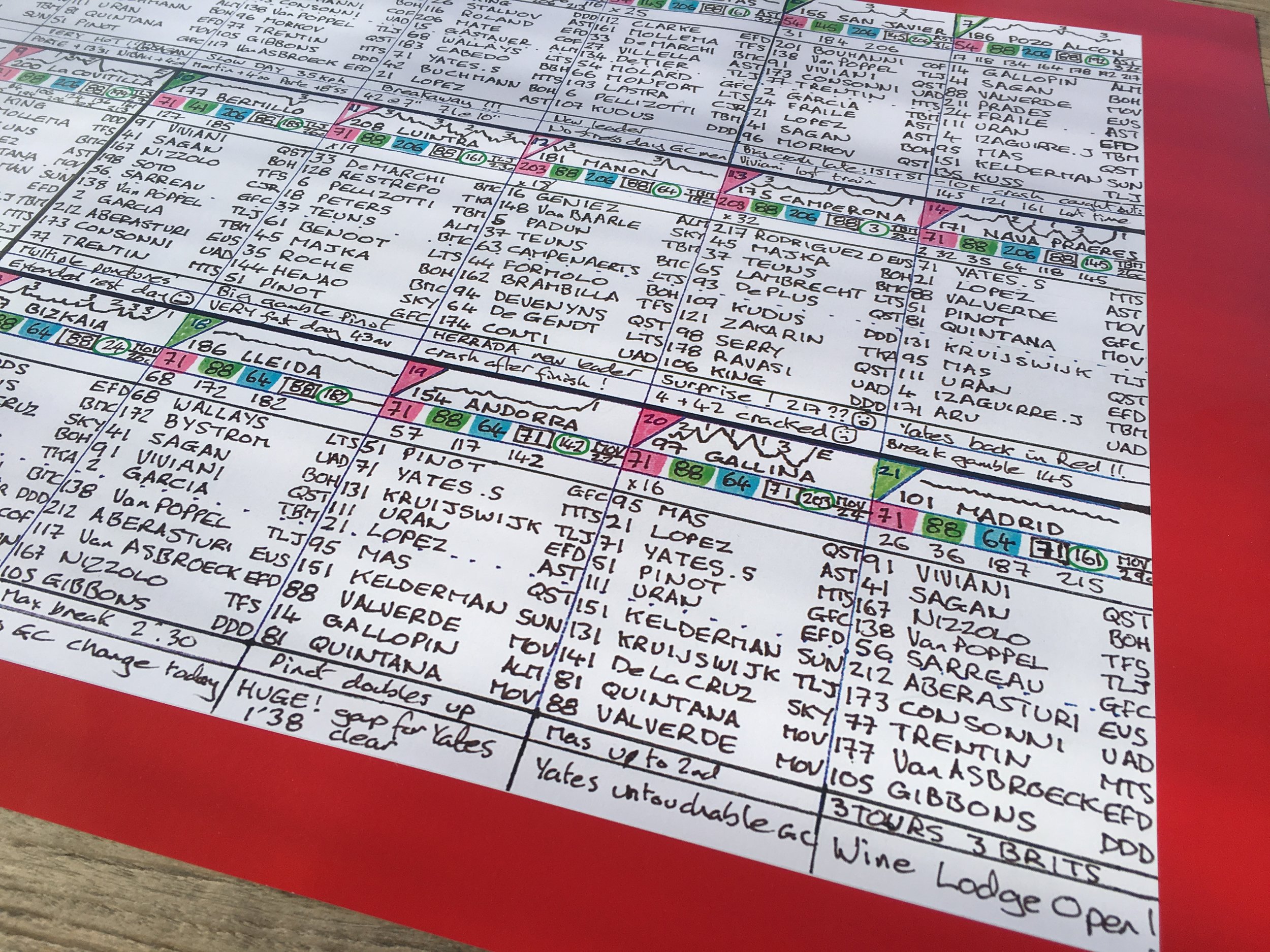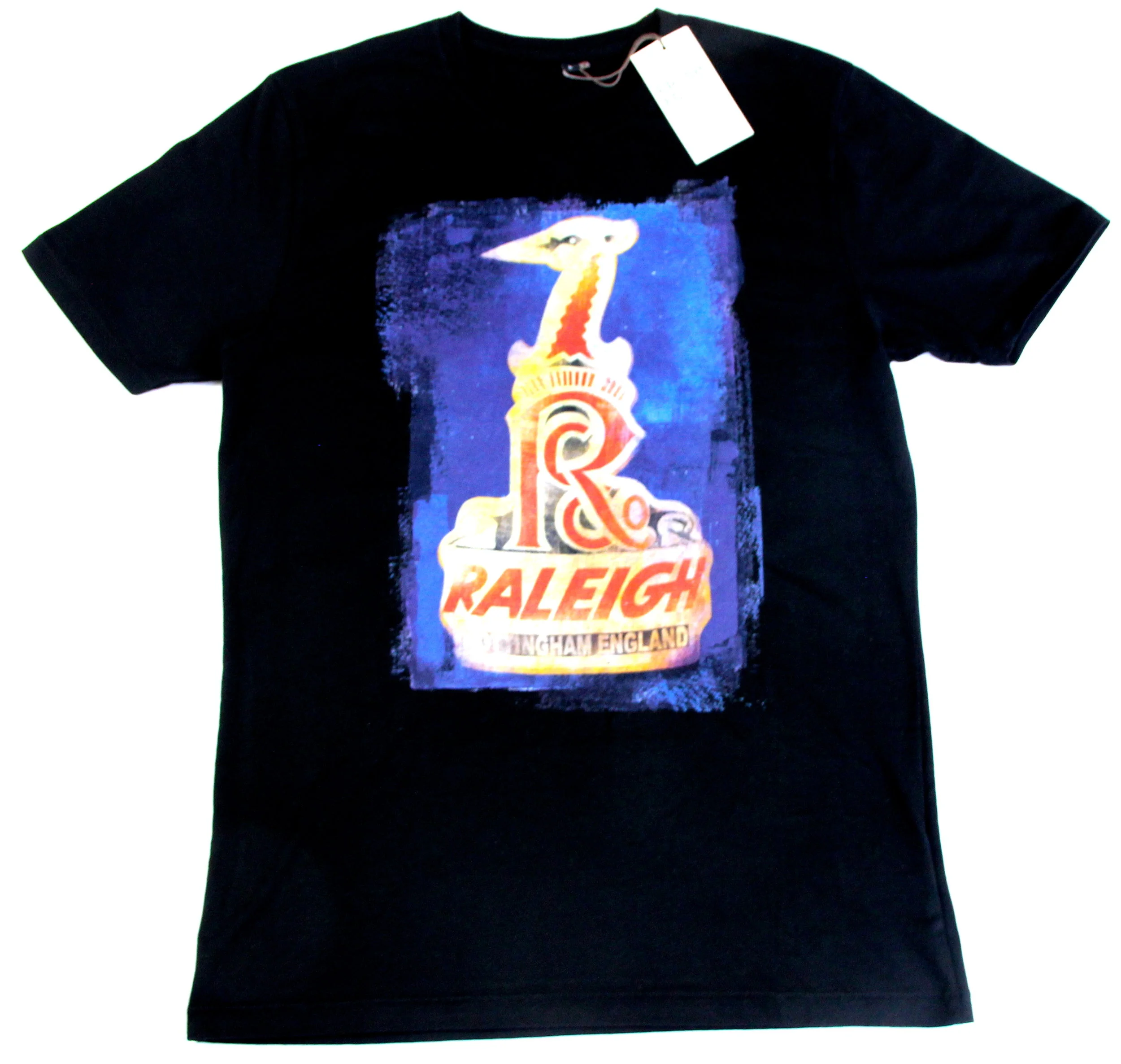By Robbie Broughton
There were quite a few prizes on offer at the Giro this year other than the pink jersey. Perhaps the most obscure and least contested however was the ‘fair play’ award. What is it and how is it won?
Bartali and Coppi in a famous moment of ‘fair play’
Other than GC cash prizes for the top twenty finishers there are rewards for stage finishes, points, climber’s and young rider’s jerseys. Then there’s money to be earned from intermediate sprints, specific mountain passes and the amount of kilometres spent in a breakaway. Of course there’s also the ‘fighting spirit’ award for the most combative rider and the team prize.
In total the amount of prize money on offer at this year’s Giro totted up to €1,499,860. Prize money is usually paid at the end of the season with the money divided up between team riders and staff. Carapaz would have earned his Movistar teammates €155,668 with an additional “special” prize of €150,000 and any stage wins bringing in €11,010 apiece.
The fair play is possibly the least coveted award however, bringing in only €5000.
FIFA’s fair play trophy at the Russia World Cup
Fair play awards are common across many sports – in the football World Cup for instance it goes to the team with the fewest bookings. Interestingly, that’s rarely the winning team! The idea of awarding teams or sports people for fair play goes back to 1963 when the International Fair Play Committee was established. Its first award went to an Italian bobsleigher, Eugenio Monti who gave a spare part to Briton Tony Nash at the 1964 Winter Olympics, enabling his rival to win the gold medal.
Cycling’s fair play award is given for rather less noble reasons however – rather like in football, it goes to the least badly-behaved team. This is worked out by totting up the amount of fines that have been handed out over the course of the grand tour. The team with fewest fines wins.
Make sure you urinate in an appropriate place
The UCI regulations have a huge range of infringements that result in a fine, from technical incidents such as having a non-compliant bike or clothing, and even failing to attach a race number correctly. That’s a 50 Swiss Franc fine for a first offence, elimination from the race on the third count. Lopez was lucky to get off with just a fine when he lashed out at a spectator that knocked him off his bike – the rules state that he should have been kicked off the race.
Sticky bottles (“pushing off against a team team car”) result in a 50 Franc fine and a deduction of 10 seconds. If it’s totally outrageous the punishment is disqualification. The most glaringly blatant and obvious example of this in recent years was during the 2015 Vuelta. Vincenzo Nibali held onto his Astana team car after being dropped from the peloton. His directeur sportif, Giuseppe Martinelli, pressed his foot down on the accelerator clearly pulling the rider away from the group he was in, and at a pretty excessively fast rate. It was all caught on camera and, despite the Italians’ protestations, he was sent home.
With other fines: taking a comfort break at an inappropriate place or time; drafting behind motorbikes or team cars (sometimes not the rider’s fault); deviating your line in a sprint (Viviani); or “use of sidewalks/pavements”, it’s not surprising that a team’s fines can soon mount up.
In Carlton Kirby’s Magic Spanner he writes how former GCN presenter Matt Stephens was rather dispirited when he got his end of season pay packet from his first year’s racing with Athletic Club de Boulogne-Billancourt. Hoping for a £3000 bonus from wins he was shocked to see deductions of £1800.
So who was the best-behaved, or least badly-behaved, team at this year’s Giro d’Italia?
Non other than Vincenzo Nibali’s Bahrain Merida!
Perhaps the shark of Messina has learnt his lessons after the 2015 Vuelta incident. Interestingly he was in fact involved in a “grand gesture of fair play” on the Mortirolo climb (according to the Italian newspaper Marca) albeit inadvertently. Having launched an attack on his rivals he was passing fellow Italian Fran Ventoso who picked up his bidon from its cage and offered it to The Shark. It was a hugely popular gesture in Italy as it was so reminiscent of the iconic image caught on camera of Fausto Coppi and Gino Bartali doing the same thing.
Nibali and Ventoso share a Bartali/Coppi moment
Perhaps we’ll see a new Vincenzo from now on – handing out bidons to riders of different teams, avoiding any contact with team cars and, of course, slowing down the Peloton if the race leader finds himself caught short. Congratulations, Bahrain Merida!


































